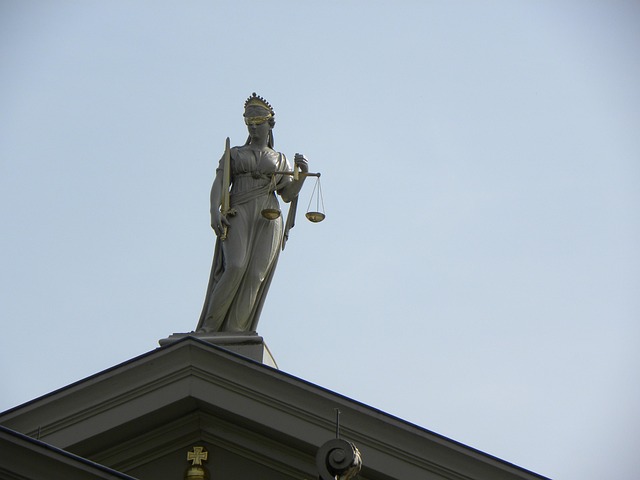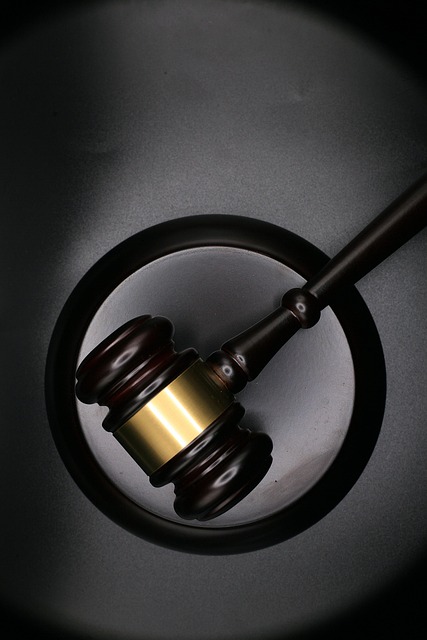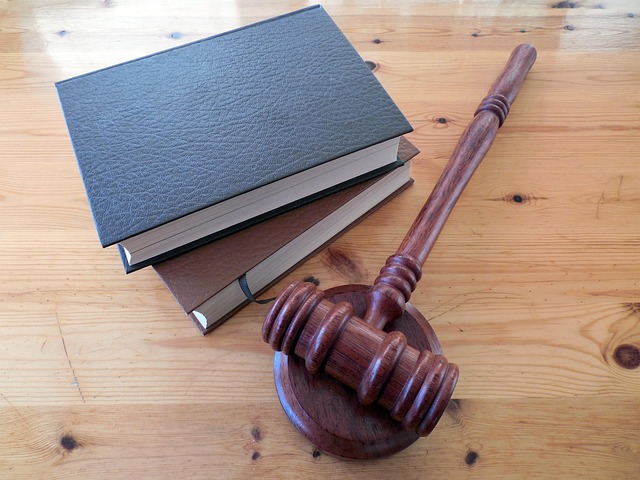Whistleblower Protection Lawsuits are vital for protecting individuals who expose illegal activities from retaliation. By understanding both whistleblower protections and common causes of partnership disagreements—such as financial disputes or ethical concerns—businesses can proactively foster integrity, reduce legal disputes, and navigate complex legal scenarios stemming from Common Causes of Partnership Disagreements. Strategic legal approaches, including reviewing statutes and case law, aim for successful outcomes like charge dismissal, protecting rights, and clearing paths forward.
Whistleblower protection lawsuits have become a crucial tool for individuals risking their careers to expose corporate or governmental wrongdoing. This article delves into the intricate world of these legal battles, focusing on key aspects like understanding the laws that shield whistleblowers and navigating the complex web of partnership disagreements. By exploring common causes behind such disputes, we offer valuable insights into the challenges faced by those who dare to speak out, highlighting the importance of legal strategy in successful outcomes.
- Understanding Whistleblower Protection Lawsuits
- Common Causes of Partnership Disagreements
- Navigating Legal Complexities in Whistleblower Cases
Understanding Whistleblower Protection Lawsuits

Whistleblower Protection Lawsuits are legal actions taken by individuals who expose illegal or unethical activities within their organizations. These lawsuits are designed to safeguard whistleblowers from retaliation, ensuring they can come forward with confidence. Understanding Whistleblower Protection Lawsuits is crucial in recognizing potential issues and mitigating risks for both corporate and individual clients. Common Causes of Partnership Disagreements often involve disputes over financial matters, differences in opinion on business strategies, or conflicts related to decision-making processes.
In the realm of white collar defense, these lawsuits have become increasingly significant due to their impact on corporate governance and compliance. An unprecedented track record of successful whistleblower protection cases demonstrates the importance of fair and transparent practices within organizations. By addressing partnership disagreements proactively, businesses can foster a culture of integrity and accountability, thereby reducing the likelihood of legal disputes involving whistleblowers.
Common Causes of Partnership Disagreements

Partnerships, especially in dynamic fields like business or activism, are built on shared visions and mutual respect. However, these alliances can face significant strain due to various factors leading to partnership disagreements. The common causes often include misaligned goals, where each partner has differing expectations about the venture’s trajectory; financial disputes, particularly concerning profit-sharing or investment returns; and power dynamics that result in one party feeling marginalized or overlooked. These issues can create a toxic environment, prompting one or both parties to consider legal action, including whistleblower protection lawsuits.
In high-stakes cases, where partnerships involve substantial resources, reputation, or even humanitarian causes, the consequences of disagreements are magnified. Disagreements within philanthropic and political communities, for instance, can lead to a complete dismissal of all charges, as both sides may be driven by strong beliefs that blur practical considerations. Navigating these complex situations requires careful communication, clear documentation of agreements, and a shared commitment to resolving conflicts amicably, or, when necessary, through legal channels designed to protect the rights and interests of all involved.
Navigating Legal Complexities in Whistleblower Cases

Navigating Legal Complexities in Whistleblower Cases presents unique challenges due to the intricate web of laws and regulations surrounding whistleblowing. Whistleblowers often find themselves in a high-stakes legal battle, where the outcome can make or break their careers and reputations. Common Causes of Partnership Disagreements, such as disputes over financial compensation, decision-making authority, or ethical concerns, can lead to complex legal scenarios. In these cases, understanding the nuances of whistleblower protection laws is paramount.
The complexities intensify in high-stakes cases involving prominent figures within philanthropic and political communities, where allegations can carry significant weight. However, a thorough legal strategy, including a comprehensive review of applicable statutes and case law, can lead to successful outcomes. Ultimately, the goal is to secure complete dismissal of all charges, ensuring the whistleblower’s rights are protected while providing a clear path forward for their professional endeavors.
Whistleblower protection lawsuits are a crucial mechanism for holding organizations accountable and ensuring justice. By understanding the legal framework, including navigating the complexities and common causes behind partnership disagreements, individuals can effectively come forward without fear of retaliation. This knowledge empowers folks to expose wrongdoing and foster a more transparent environment, making it a vital step in revolutionizing corporate responsibility.






